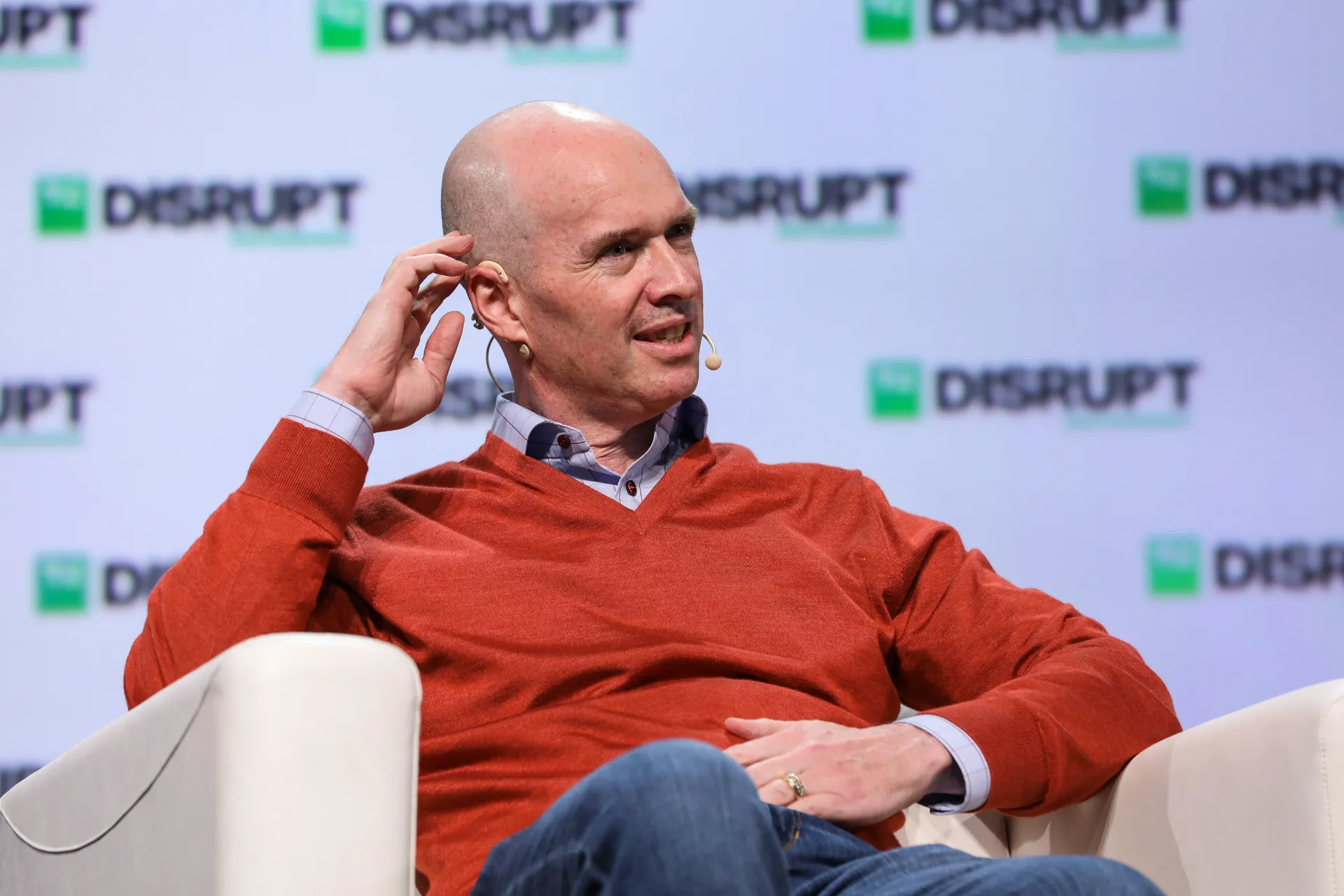In the rapidly evolving landscape of artificial intelligence (AI), the demand for high-quality data has intensified, leading to the emergence of specialized companies dedicated to data collection and annotation. Among these, Scale AI has been a prominent player. However, with its CEO, Alexandr Wang, transitioning to lead AI initiatives at Meta, a window of opportunity has opened for new entrants to innovate in this space.
One such contender is Datacurve, a Y Combinator alumnus, which recently announced a successful Series A funding round, raising $15 million. The round was spearheaded by Mark Goldberg at Chemistry, with contributions from employees at esteemed organizations such as DeepMind, Vercel, Anthropic, and OpenAI. This follows a previous seed round where Datacurve secured $2.7 million, attracting investment from notable figures like former Coinbase CTO Balaji Srinivasan.
Datacurve distinguishes itself through a unique bounty hunter model designed to attract proficient software engineers to contribute to complex datasets. This approach involves compensating contributors for their efforts, with the company having distributed over $1 million in bounties to date. However, co-founder Serena Ge emphasizes that financial incentives are not the sole motivator. Recognizing that compensation for data-related tasks may not match traditional employment in software development, Datacurve prioritizes creating a positive and engaging user experience to draw and retain top talent.
We treat this as a consumer product, not a data labeling operation, Ge stated. We spend a lot of time thinking about: How can we optimize it so that the people we want are interested and get onto our platform?
The complexity of data requirements has escalated with the advancement of AI models. Early models relied on relatively straightforward datasets, but contemporary AI products necessitate intricate reinforcement learning (RL) environments. These environments demand meticulously curated data collection strategies. As these environments become more sophisticated, the need for both the quantity and quality of data intensifies, positioning companies like Datacurve, which focus on high-quality data collection, at a competitive advantage.
Currently, Datacurve concentrates on the software engineering sector. However, Ge envisions the applicability of their model extending to other domains, including finance, marketing, and medicine. By establishing an infrastructure that appeals to and retains highly skilled professionals across various fields, Datacurve aims to address the growing demand for specialized, high-quality data essential for training advanced AI systems.



